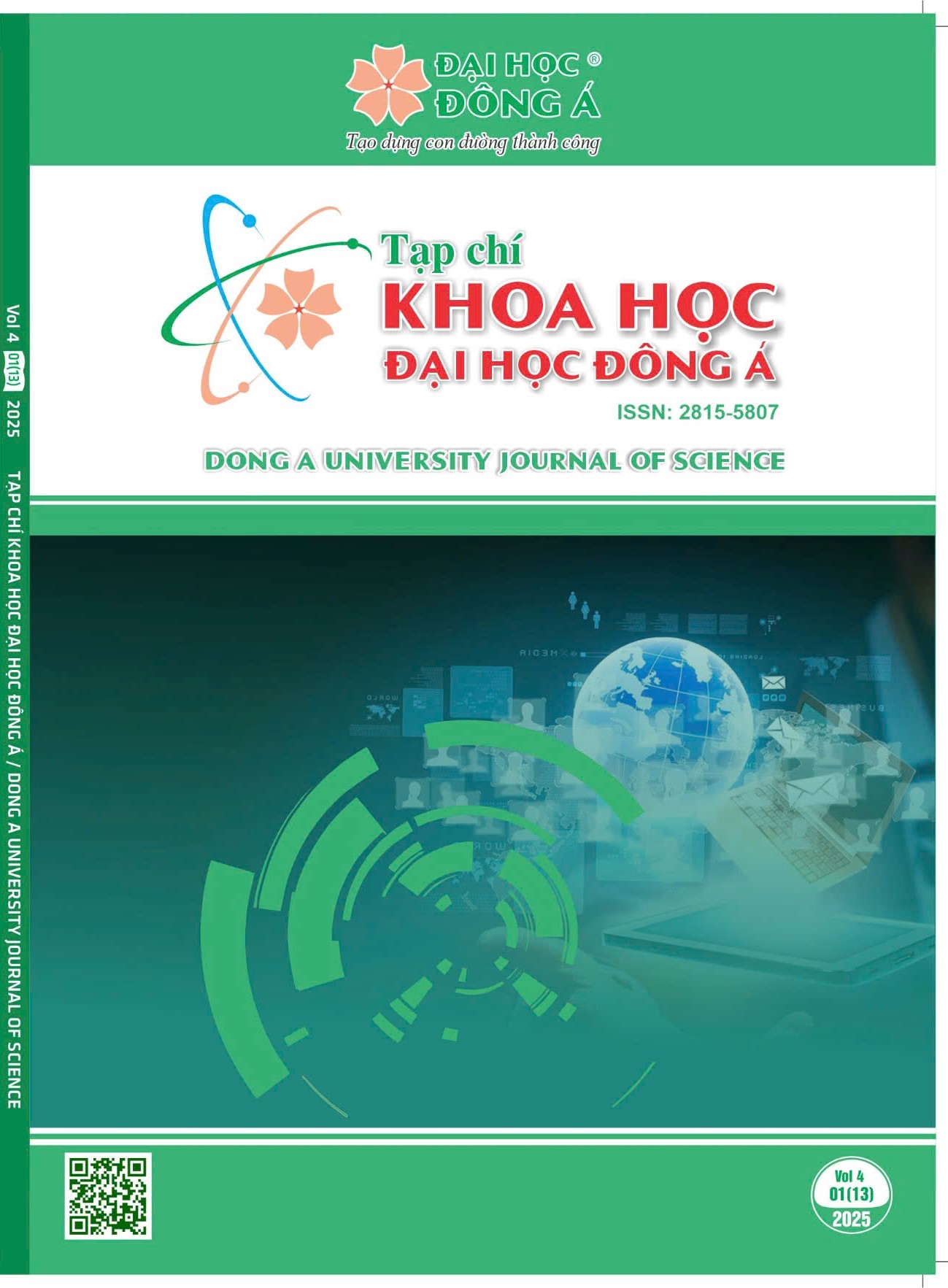Study about the Zen Master “Ty coc tang” in the Ngu che thi de Dieu De tu Inscription.
Main Article Content
Abstract
During the Nguyen Dynasty, Dieu De Temple was classified as a state-owned pagoda under the management of the imperial court. Before being transformed into a temple, the site was originally the residence of Phuc Quoc cong Ho Van Boi, the maternal grandfather of King Thieu Tri. Notably, it was also the birthplace of King Thieu Tri. After ascending to the throne, the emperor decreed the transformation of the residence into a Buddhist temple to pray for blessings for the people. In the Ngu chu thi de Dieu De tu inscription, King Thieu Tri not only explained the reasons for constructing the pagoda but also mentioned a Zen master surnamed Hua, with the Dharma name Lieu Tanh, who was known for his vow not to consume grains. However, information about Zen master Lieu Tanh in historical records remain fragmented, inconsistent, and even occasionally erroneous. Therefore, by synthesizing and cross-referencing information from various historical sources, as well as incorporating field research, this article aims to correct inaccuracies in earlier historical accounts and provide the readers with the most comprehensive information available to date on Zen master Hua Lieu Tanh.
Article Details

This work is licensed under a Creative Commons Attribution-NonCommercial-NoDerivatives 4.0 International License.
Keywords
Ty coc tang, Dieu De Temple, Zen Master Hua Lieu Tanh
References
Lý Kim Hoa (2003). Châu bản triều Nguyễn tư liệu Phật giáo qua các triều đại nhà Nguyễn 143 năm từ Gia Long 1802 đến Bảo Đại 1945. TP. Hồ Chí Minh: Văn hóa - Thông tin.
Nguyễn Lang (2019). Việt Nam Phật giáo sử luận. Hà Nội: Hồng Đức.
Nguyễn Phố - Phạm Đức Thành Dũng (2018). “Chùa Bát Nhã và Hòa thượng khai sơn qua sưu khảo tài liệu triều Nguyễn”. Liễu Quán. số 14, 77 - 84.
Quốc sử quán triều Nguyễn (2006). Đại Nam nhất thống chí. Bản dịch của Viện Sử học. Huế: Thuận Hóa.
Quốc sử quán triều Nguyễn (2007). Đại Nam thực lục. Tổ phiên dịch Viện Sử học phiên dịch. Hà Nội: Giáo dục.
《大南一統志》 (嗣德版)
《大南一統志》 (維新版)
《御製詩題妙諦寺》碑文
《宗派記全集。卷中》


